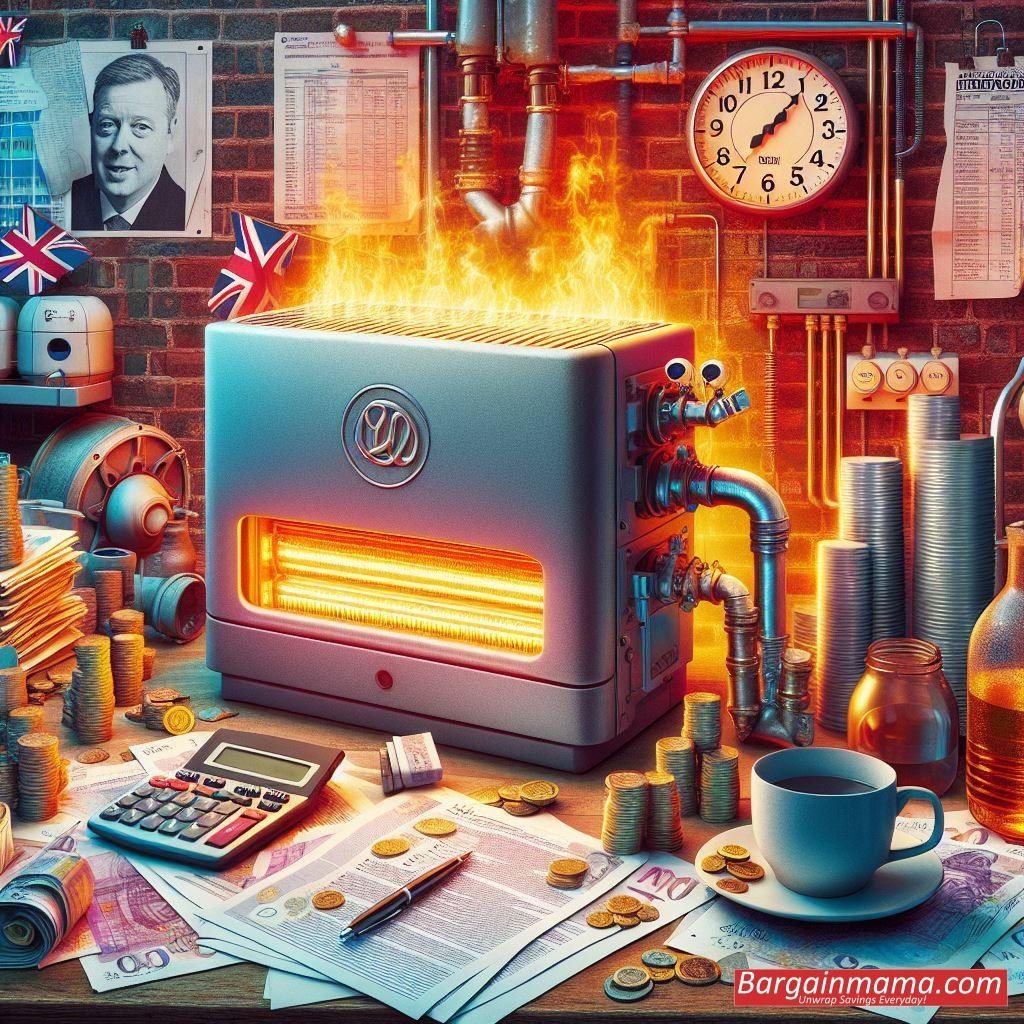According to exclusive revelations from The Sunday Telegraph, the UK government is about to abandon the controversial boiler tax, marking a dramatic shift in policy. It is anticipated that Energy Secretary Claire Coutinho will declare the end of the so-called Clean Heat Market Mechanism; this announcement may occur as early as this week.

The program, which penalizes boiler manufacturers who don’t fulfill targets in an effort to encourage the use of heat pumps, has run into strong criticism. Opponents contend that it reflects excessive government meddling in consumer choice and artificially inflates boiler prices.
Manufacturers would have had to match 4% of boiler sales with heat pumps under the planned system, or risk fines of £3,000 for each installation shortfall. But now that the government is prepared to forgo fines for at least the first year, 2024–2025 will essentially serve as a “monitoring year” to track the use of heat pumps.
Conservative members of parliament, especially those on the right, have been outspoken opponents of the plan, calling it “government coercion” and arguing that the only way to achieve net zero emissions is through a free-market strategy.
Although it is anticipated that Energy Secretary Claire Coutinho will drop the program, she is still worried about competition in the home heating industry. It has been stated that her department is in discussions with the Competition and Markets Authority to guarantee equitable competition and cost for customers.

The government reiterates its commitment to encouraging the adoption of heat pumps, with a target of 600,000 installations per year by 2028, notwithstanding the possible reversal of policy. To encourage the shift, higher subsidies of up to £7,500 are available; in January 2024, there was a significant increase in applications over the same month the year before.
The government’s approach to energy policy has undergone a dramatic shift with the expected announcement, which reflects ongoing discussions about how to strike a balance between consumer choice and environmental goals as we move toward a low-carbon future.



